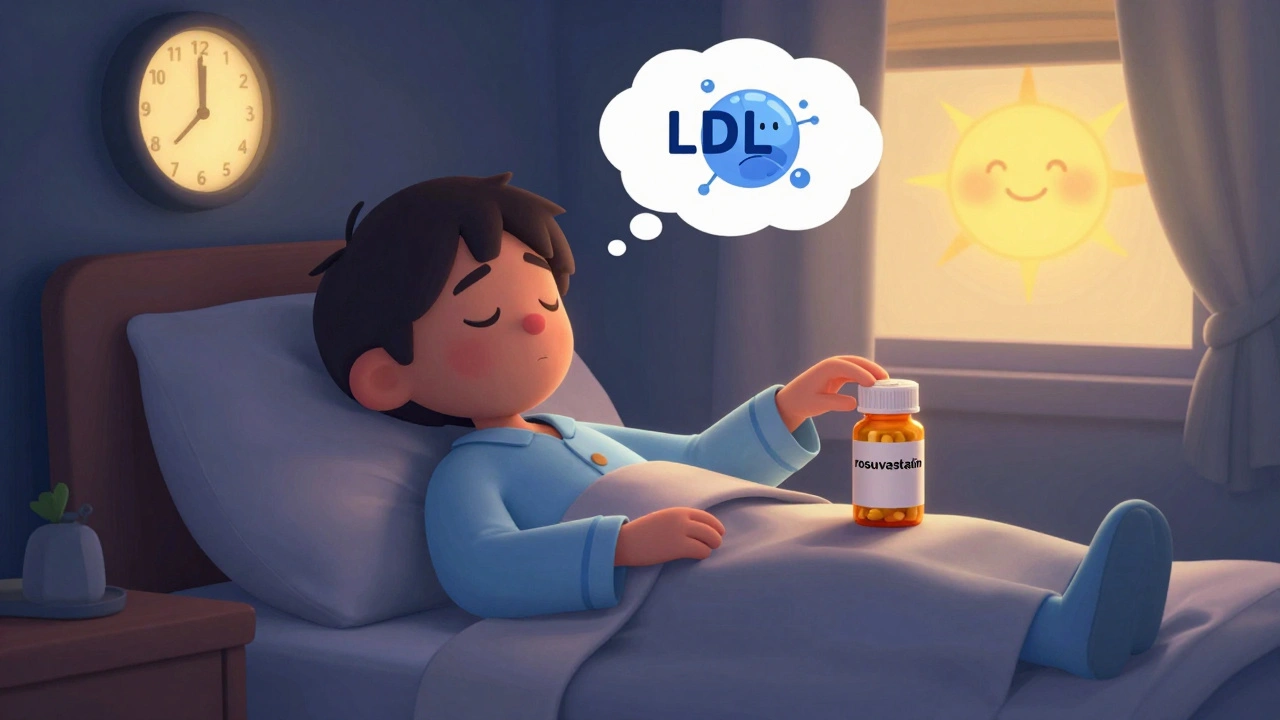Cholesterol Medication: What You Need to Know
High cholesterol can sneak up on anyone, and the right medication can keep your heart ticking smoothly. If you’ve been told you need a cholesterol drug, you probably have questions about how it works, what side effects to expect, and whether it’s the right fit for you. This guide breaks down the basics in plain language so you can feel confident about your treatment.
Common Types of Cholesterol Meds
There are a few main families of drugs that doctors prescribe to lower bad cholesterol (LDL) and raise good cholesterol (HDL). The most popular are statins, like atorvastatin and rosuvastatin, which block the liver’s ability to produce cholesterol. If statins don’t do the job or cause unwanted muscle aches, doctors may turn to ezetimibe, which stops cholesterol from being absorbed in the gut.
Another option is PCSK9 inhibitors, such as alirocumab and evolocumab. These are injectable drugs that help your liver pull more LDL out of the blood. They’re usually reserved for people with very high cholesterol or a genetic condition called familial hypercholesterolemia.
For those who like natural alternatives, gamma oryzanol—a rice‑bran extract—has shown some promise in supporting heart health and modestly lowering cholesterol. While it’s not as powerful as prescription drugs, it can be a useful addition for people who want a supplement route.
Choosing the Right Medication for You
Picking a cholesterol medication isn’t a one‑size‑fits‑all decision. Your doctor will look at your overall risk profile—age, blood pressure, smoking status, and family history—to decide which drug works best. If you’ve had liver issues, a statin might need extra monitoring. If you’re prone to muscle pain, a lower dose or a different class could be safer.
Always tell your doctor about other meds you’re taking. Some cholesterol drugs interact with antibiotics, antifungals, or grapefruit juice, which can raise drug levels and increase side effects. Staying honest about supplements like green coffee or herbal extracts helps avoid unwanted surprises.
When you start a new cholesterol pill, expect a follow‑up blood test in 4–12 weeks. This lets your doctor see how well the drug is lowering LDL and whether any dosage tweaks are needed. If you feel dizzy, notice muscle weakness, or develop a rash, call your provider right away.
Remember, medication is just one piece of the puzzle. Pairing your prescription with a heart‑healthy diet, regular exercise, and weight control boosts results dramatically. Even a modest change—like swapping sugary drinks for water—can amplify the drug’s effect.
Bottom line: cholesterol medication can be a safe, effective way to protect your heart, as long as you stay informed, follow up with your doctor, and keep a healthy lifestyle in the mix.

